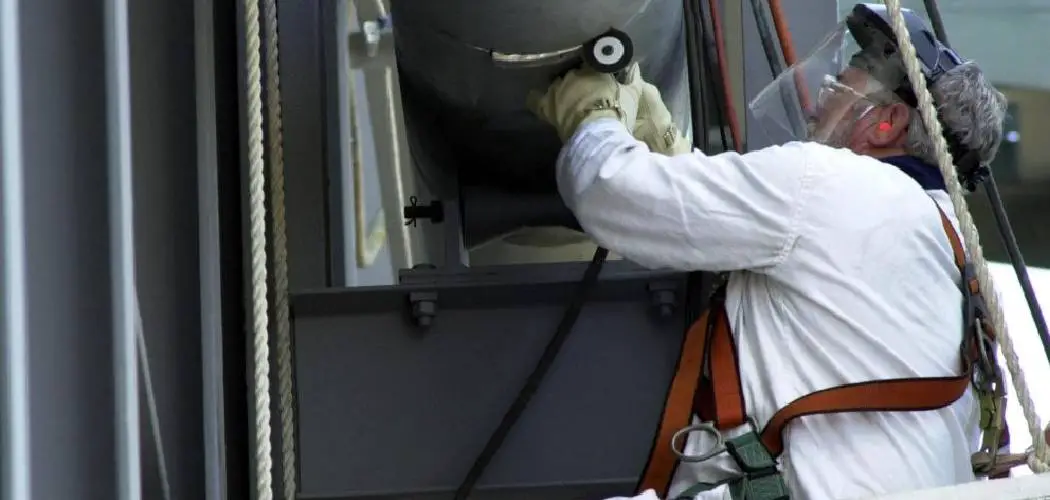Gas leaks from pipes can pose a significant threat to both life and property. Whether it’s a natural gas pipeline in your home or a larger industrial facility, the potential dangers associated with a gas leak are not to be underestimated. Fortunately, taking swift and appropriate action can prevent catastrophe. In this article, we will explore how to stop gas leak from pipe.
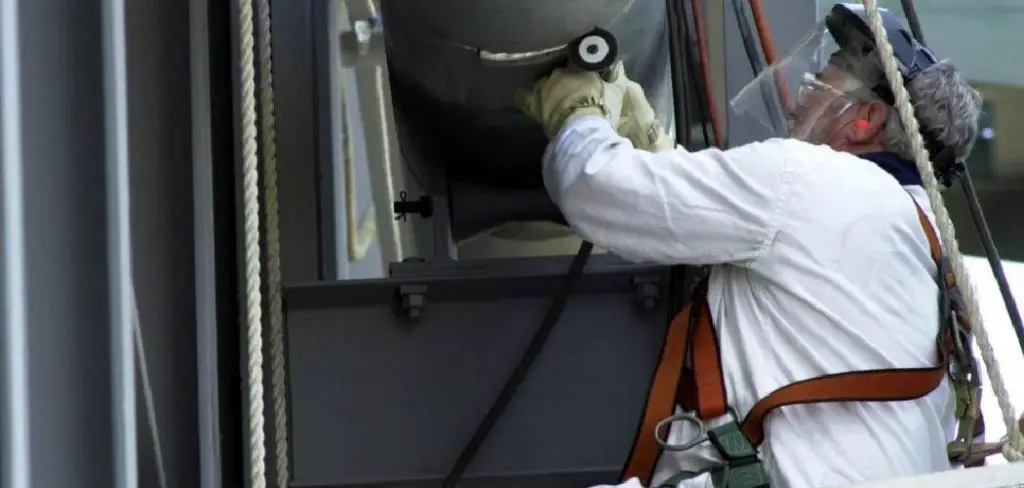
From recognizing the signs of a gas leak to implementing immediate safety measures and contacting the appropriate authorities, we will cover it all. Your safety and that of those around you depend on your ability to respond effectively to a gas leak. So, whether you’re a homeowner, a facility manager, or simply someone concerned about gas safety, read on to equip yourself with the knowledge and skills necessary to mitigate gas leaks and protect lives and property.
Importance of Addressing Gas Leaks
There’s no denying that safety should always be our top priority. And when it comes to gas leaks, the stakes are even higher. Not only can they be extremely hazardous to our health and property, but they can also have devastating effects on the environment.
Gas leaks occur when a pipe or line carrying natural gas, propane, or other flammable gases is damaged or ruptured. These leaks can be caused by a variety of reasons, such as corrosion, poor installation, or even natural disasters like earthquakes.
But why is it so important to address gas leaks immediately? Here are some reasons:
Protecting Your Health and Safety
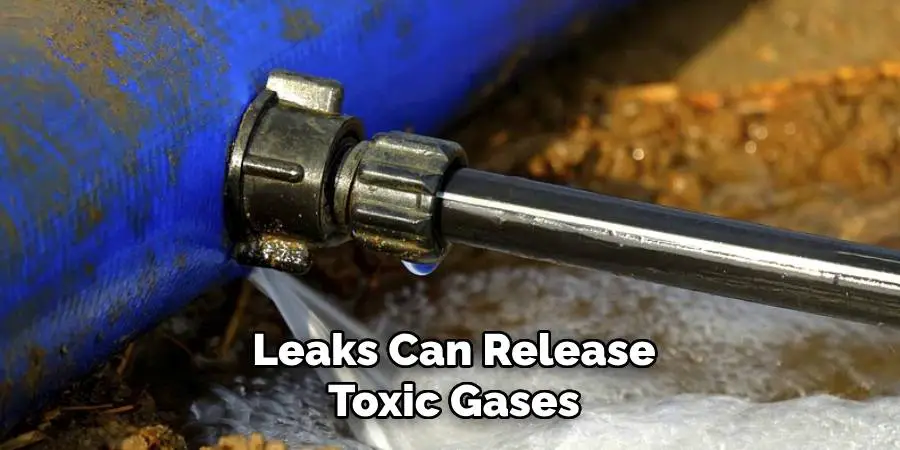
Gas leaks can release toxic gases into the air, posing serious health risks to anyone in the vicinity. Breathing in these gases can cause nausea, headaches, dizziness, and even lead to unconsciousness or death. In addition, if the leaked gas comes into contact with a source of ignition, it can result in explosions or fires.
Avoiding Property Damage
Aside from being a serious safety hazard, gas leaks can also cause property damage. The leaked gas can seep into walls and ceilings, causing structural damage and potentially leading to costly repairs. In addition, if an explosion or fire occurs due to the leak, it can result in extensive property damage.
Protecting the Environment
Gas leaks not only pose a threat to our health and safety but also to the environment. Natural gas is a potent greenhouse gas that contributes to climate change when released into the atmosphere. In addition, the leaking gas can also contaminate soil and water sources, damaging ecosystems and potentially harming wildlife.
Saving Money
Addressing gas leaks promptly can also save you money in the long run. The longer a leak goes unnoticed or unchecked, the more gas is wasted, leading to higher utility bills. Additionally, if an explosion or fire occurs, the cost of repairs and damages can be substantial.
10 Methods How to Stop Gas Leak from Pipe
1. Shut Off the Gas Supply
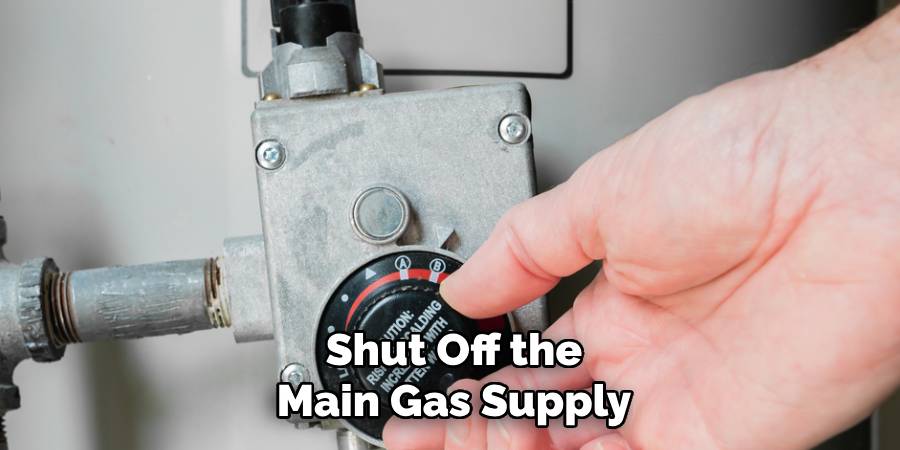
The first step in stopping a gas leak from a pipe is to shut off the main gas supply. This can usually be done by turning off the valve on the main gas line, which is typically located near your water heater or furnace. Once the main gas supply has been shut off, you should also turn off any other appliances that are connected to the gas line, such as stoves and ovens.
2. Identify the Source of the Leak
Once you have shut off the main gas supply, it’s important to identify where exactly the leak is coming from. This can usually be done by using a soapy water solution and spraying it around suspected areas of leakage. If there is a leak present, bubbles will form at its source.
3. Seal Off Any Openings
Once you have identified where the leak is coming from, it’s important to seal off any open areas that may be contributing to it. This can be done by placing a wet rag or towel over any openings in walls or floors near where you suspect the leak is coming from. You should also make sure that all windows and doors are closed tightly to prevent further leakage of gas into your home.
4. Locate and Replace Damaged Pipe Sections
If you find that there are damaged sections of pipe that are causing the leak, they need to be replaced as soon as possible in order to stop further leakage of gas into your home. You should always use new piping when replacing old sections in order to ensure that they are properly sealed and secure against future leaks.
5. Repair Any Cracks or Holes in Pipes
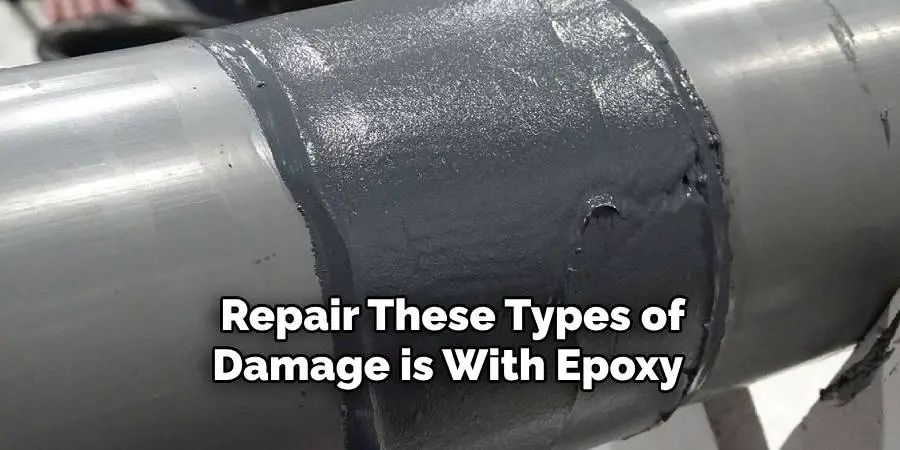
If there are any cracks or holes present in existing pipes, these need to be repaired immediately in order to stop further leakage of gas into your home. The best way to repair these types of damage is with epoxy or another type of strong adhesive material designed for this purpose specifically.
6. Install Corrosion-Resistant Piping
In some cases, corrosion may be causing pipes to become weak and eventually lead to leaking issues over time. To prevent this from happening, consider installing corrosion-resistant piping material instead of traditional metal piping materials whenever possible.
This will help ensure that your pipes remain strong and durable for many years without having to worry about them corroding away over time due to exposure to water or other elements found within your home environment.
7. Use Thread Tape on Pipe Connections
Thread tape can also be used on pipe connections in order to provide an extra layer of protection against potential leaks caused by vibration or movement over time due to normal wear and tear on pipes over time.
By wrapping thread tape around each connection point before tightening them down with wrenches or other tools will help create a tighter seal between each connection point, which will help reduce potential leaks caused by movement over time.
8. Check for Loose Connections
It’s important to check all connections regularly in order to make sure that they remain tight and secure against potential leaks caused by vibration or movement over time due to normal wear and tear on pipes over time. If any connections appear loose after tightening them down with wrenches or other tools, then consider using thread tape around each connection point before tightening them down again, as this will help create a tighter seal between each connection point, which will help reduce potential leaks caused by movement over time.
9. Test for Leaks After Repairs Are Made
After all repairs have been made, it’s important to test for any remaining leaks before turning back on your main gas supply. One way this can be done is by using a soapy water solution sprayed around suspected areas where leaks might still exist. If bubbles form at any location, then this indicates that there is still an active leak present which needs further attention before turning back on your main gas supply..
10. Contact a Professional Plumber if Necessary
If, after following all steps above you still cannot locate or fix an active leak, then it’s best to contact a professional plumber who specializes in dealing with natural gas lines for assistance. They will have access to specialized tools such as infrared cameras, which can detect hidden leaks even better than what most homeowners have available at their disposal.
Things to Consider When Stopping Gas Leak from Pipe
Gas leak from a pipe is an extremely hazardous situation that requires immediate attention. Gas leaks can occur in both residential and commercial properties, and they should never be taken lightly. If you detect a gas leak, it’s important to take the necessary steps to stop it as soon as possible.
Here are some things to consider when stopping a gas leak from a pipe:
Safety First
The most important thing to keep in mind when dealing with a gas leak is safety. Make sure to remove all open flames, including cigarettes and candles, from the area immediately. Also, turn off any electrical appliances or sources of ignition. If possible, evacuate the building and call your gas company for assistance.
Identify the Source
Before attempting to stop the gas leak, it’s important to identify the source. This will help you determine the best course of action and avoid any potential dangers. Gas leaks can occur from damaged pipes, faulty appliances, or even gas meters.
Assess the Severity
Not all gas leaks are created equal. Some may be minor and can be fixed easily, while others can be more serious and require professional assistance. If the gas smell is strong and persistent, or if you hear a hissing sound near the gas line, it’s important to call for help immediately.
Gather Supplies
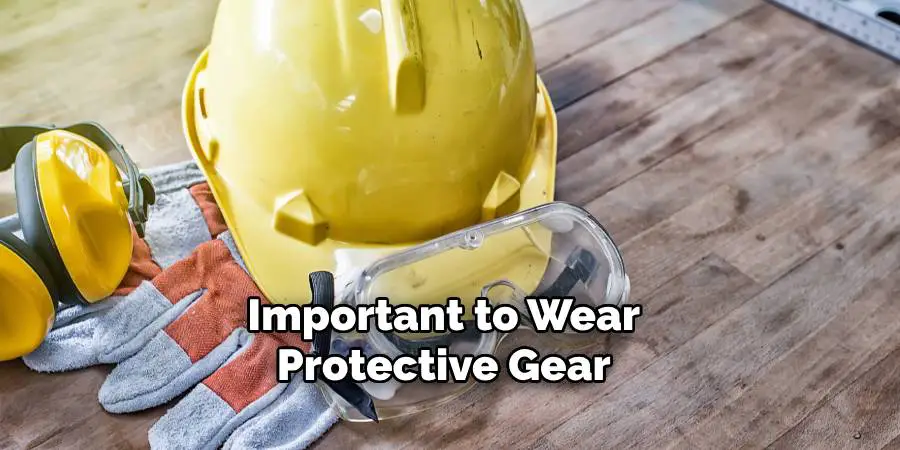
If the leak is minor and can be fixed by yourself, make sure to gather all necessary supplies before attempting to stop it. This may include a pipe wrench, gas leak detection solution, and new pipe fittings. It’s important to wear protective gear, such as gloves and safety glasses, when working with gas.
Conclusion
Taking the steps to mitigate a gas leak from a pipe can be a harrowing experience. The best way to tackle this problem is to assess the situation in order to properly identify and remedy the issue at hand. First, check for visible damage or cracks that may be resulting in the leak. Next, finding and turning off the valves associated with the leaking line should be done carefully and cautiously.
Finally, replacing any damaged parts or material should be looked into before returning all processes back in their desired working order. Taking proactive steps such as these can ensure safety when dealing with loose, damaged pipes. Face this difficult task head-on, follow these procedures, protect yourself from injury, and remember – don’t forget how to stop gas leak from pipe!

